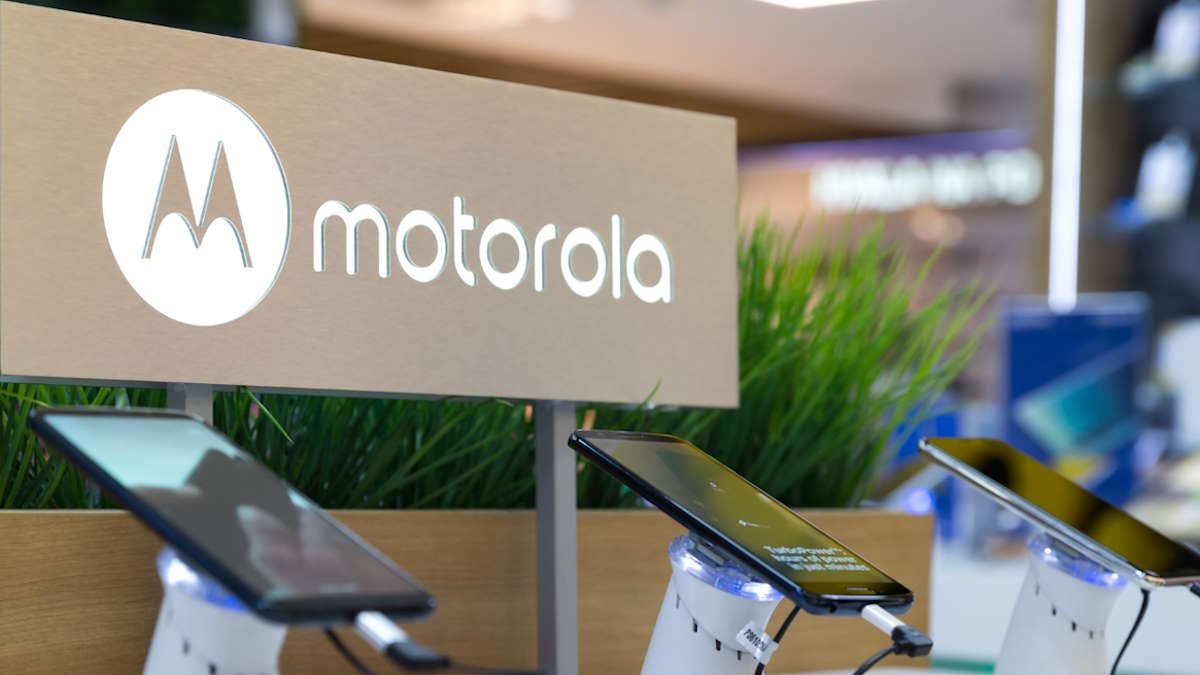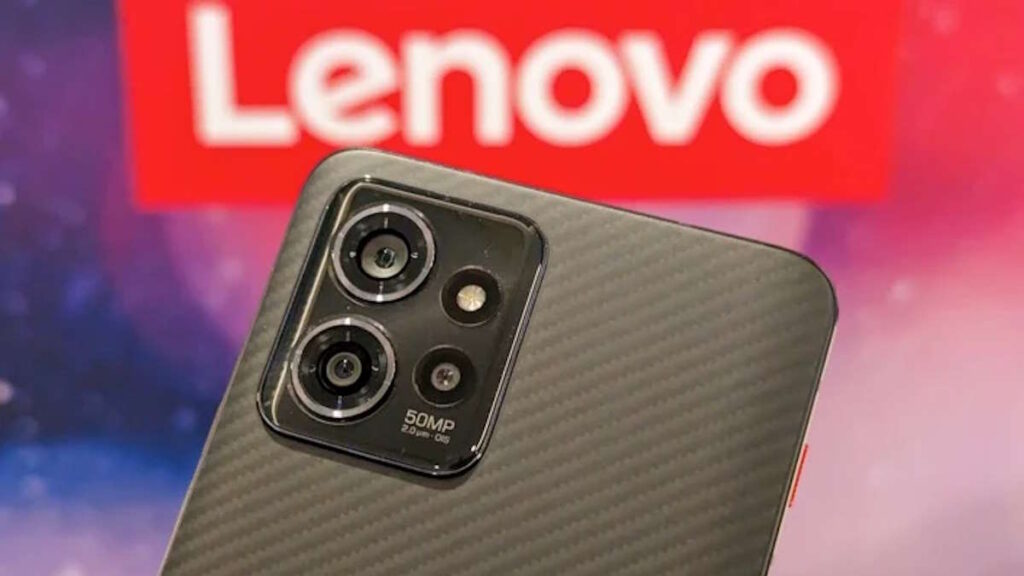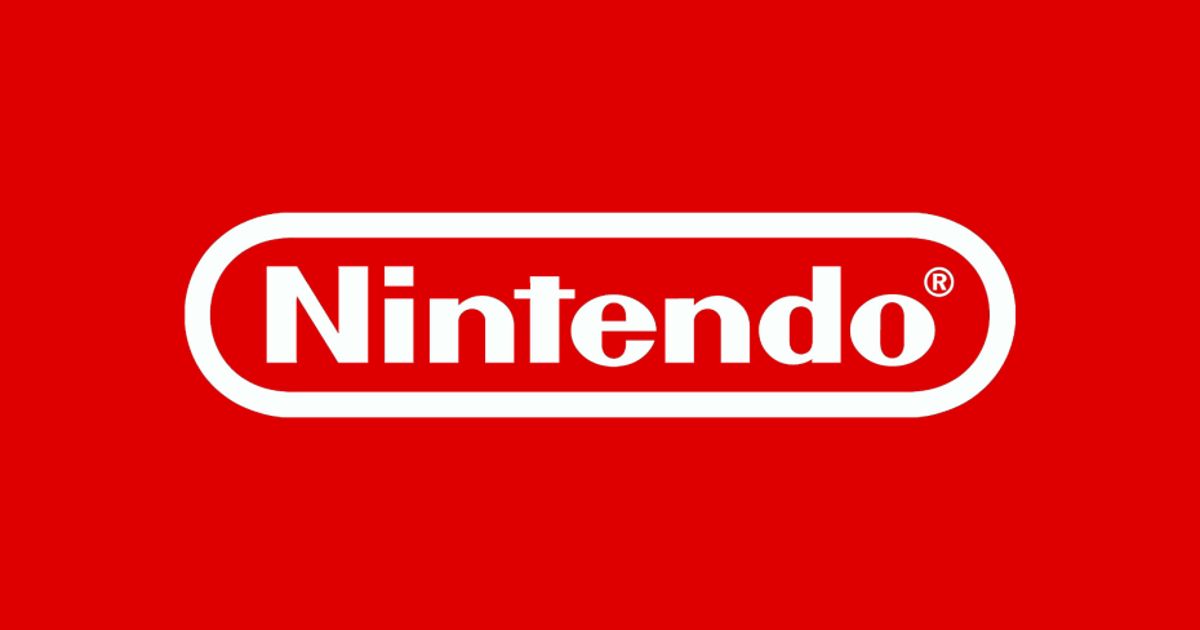Lenovo and Motorola are facing a serious legal challenge in Germany. Both brands are accused of patent infringement and are therefore banned from selling smartphones and tablets. This issue has now reached the courts in Germany and it should take some time for Lenovo and Motorola to resolve it.
Lenovo and its subsidiary Motorola Mobility are facing new challenges in Germany, with some bans emerging. This situation arose after a court decision to impose a ban on sales of devices equipped with WWAN modules, which are necessary to connect to the mobile Internet.
The drastic measure stems from a patent dispute with US technology company InterDigital. The Munich District Court ruled in favor of InterDigital, leading to the immediate application of the ban after the plaintiff paid a bond of four million euros.
The focus of the dispute is on licensing terms for WWAN technology used in Lenovo products, including recently released smartphones. This uses technology for which InterDigital holds patents, and disputes have arisen over what fees Lenovo should pay.
InterDigital claims that Lenovo failed to meet its demands for fair and reasonable licensing fees, leading to its lawsuit. Lenovo, on the other hand, says InterDigital's terms are unfair and plans to appeal the decision.
As of the decision, Lenovo is prohibited from selling, offering or importing any WWAN-enabled devices, including smartphones, tablets and laptops that use mobile networks. This affects not only Motorola smartphones, but also Lenovo's wider range of mobile devices.
This legal battle is not isolated, but part of a broader pattern of disputes over so-called essential patents. Disagreements often depend on the interpretation of what constitutes fair, reasonable and non-discriminatory (FRAND) licensing terms – an issue that is not yet clearly defined in European law.

“Writer. Analyst. Avid travel maven. Devoted twitter guru. Unapologetic pop culture expert. General zombie enthusiast.”


